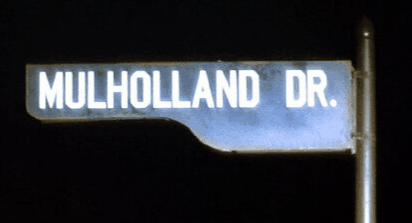https://er.educause.edu/articles/2017/10/open-education-open-questions
Suggested themes for reflection in your learning blog:
- openness in your own practice
Lots of ways of approaching this but key one is the idea of attempting to create ‘open research objects’ that, in my case, double as works of art.
Openness is partly about teaching in the open, partly about openely distributing research. It’s not, for me at least, so much about opening the black box of composition or ‘making’. That could be something I do, or others choose do to, but I have my own aesthetic reasons for not doing this.
- the role of technology in open education
Internet Ham
Open Ed is all too often associated with learning tech. The OER movement may be responsible for this. I’m a strong advocate of OER, both in terms of making and using them. However, OERs are not digital by default. My route into OERs, in fact, was via a much more analogue live art practice. I wasn’t aware of OERs until I discovered that what I was pursing could be described in such terms.
- openness for greater inclusion and social diversity in education
Openness could lead to greater inclusion and social diversity in education, but it’s not enough in its own right. Greater inclusion and social diversity in education comes from the state taking a strong role and removing non-state actors as much as possible. The state has to tax specifically for education and fund it as a universal human right, free at the point of access. The state(let) that is The Scottish Government – or rather the Scottish National Party – thankfully agrees with me on this. The Scottish Government funds me to work as an academic, an honour that emables me to create OERs at any given opportunity. I’m relatively alone in my institution in feeling that I have a social and political obligation to create OERs since I work for a publically funded charity – but I think it’s good to lead by example. If I wait for my University to mandate OER approaches, I will be long dead. I note that research intensive HEIs are eager to mandate Open Access Research, and have prioritised this over OER…
- finding and using openly licensed resources
This is difficult in my line of work. There aren’t many; it’s just not something that exists yet in art (although) it does in design.
- implications of different open course and MOOC formats in relation to your learning experience on this course.
I’ve taken part in a few MOOCs an found them enjoyable. There are no MOOCs in my field. This is something that I find intreguing and want to engage with, not by creating a MOOC, but by advocating for and creating open alternatives to MOOCs from an artistic perspective.


